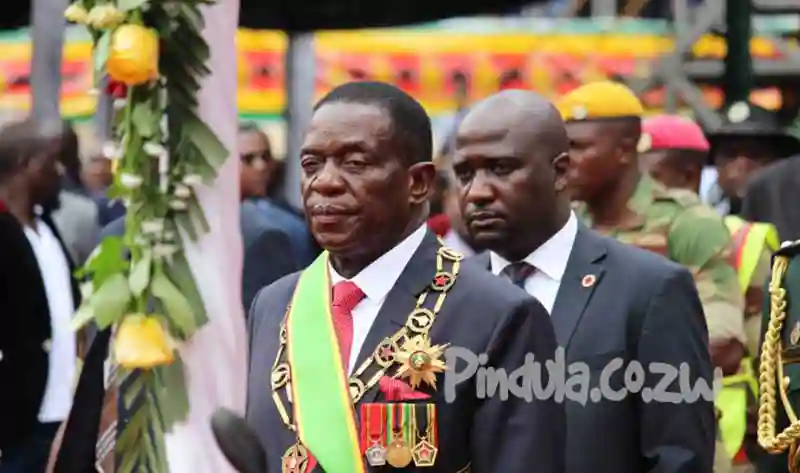President Emmerson Mnangagwa has criticised the Nelson Chamisa led MDC Alliance coalition for constantly referring to the past instead of focusing on the future. In an editorial in the Washington Times, Mnangagwa says,
At the center of this nationwide debate, the party I now lead is reaching out across communities with policies both credible and capable of building on changes we have instituted in just eight months: Revealing plans for 99-year farm leases — tackling the issue of access to, and stewardship of, our nation’s land — to resolve racial and economic divisions; extending dialogue directly to all minority groups; and unveiling opportunities for women’s economic empowerment through a newly launched venture capital fund.
Step-by-step we continue to explain our agenda for lasting change in these final weeks before Zimbabwe’s historic general election. And we will continue right up to polling day. Then it will be for the citizens of Zimbabwe to decide: Have my party and I convinced the voters that real change only comes when we move forward together? Or will they choose another path?
The choice before the country next week is stark. This election is making clear that my opponents have a very different understanding and meaning of the word “change.”
…Yet the opportunity a free and fair election offers does not ensure every party seizes it. In that regard, the new opposition leadership has surprised: they have campaigned across all corners of the country and reached out and into districts, few might have expected them before. But their prospects seem wasted when they talk so much of the past, rather than promoting a cogent platform for the future.
Since coming into power, Mnangagwa has called for the country to “let bygones be bygones” and has refused to apologise for his role in the Gukurahundi massacres in the early 1980s.
More: Washington Times

